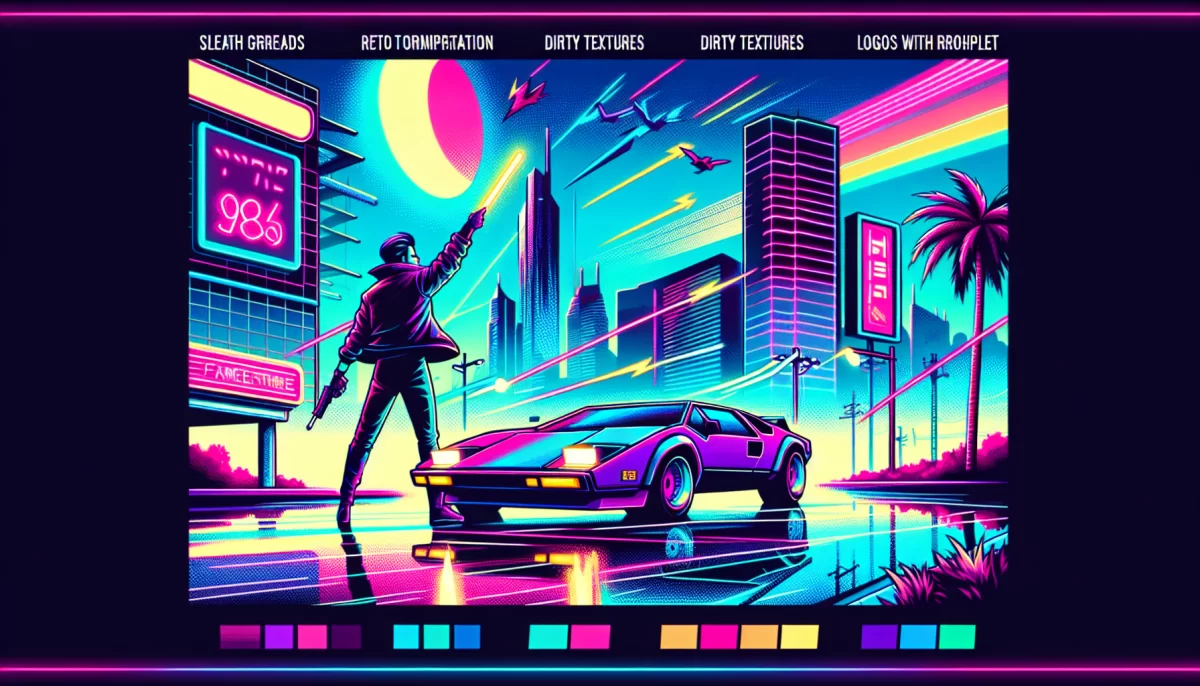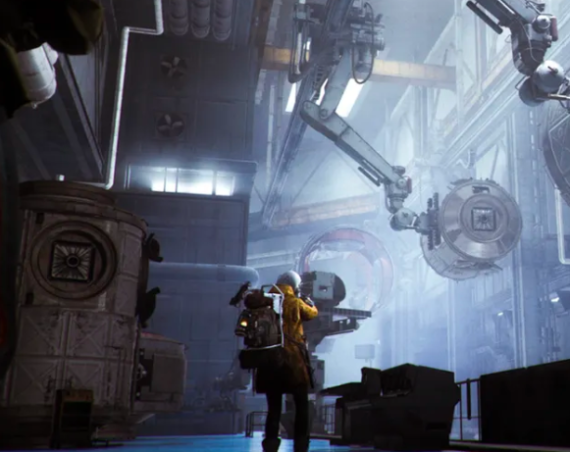
When it comes to the blockbuster sandbox series GTA, one question repeatedly arises among fans and analysts: Why haven’t we seen GTA set in London — or elsewhere outside the U.S.? In a recent interview, Dan Houser, co-founder and former lead writer at Rockstar Games, offered a candid answer: “the game was so much about America, possibly from an outsider’s perspective… It wouldn’t really have worked in the same way elsewhere.”
What’s striking about his comment is not just the setting choice, but what it reveals about GTA’s identity, creative strategy, and how culture and narrative intertwine with place in modern open-world games. Here’s an in-depth look at why America continues to dominate GTA’s map, what it means for the franchise, and where it might head next.
🎯 The Core Argument
Dan Houser explains that:
“The game was so much about America… you needed guns, you needed these larger-than-life characters. It wouldn’t really have worked in the same way elsewhere.”
The key points:
- Thematic anchor: GTA explores American culture — consumerism, media, politics, crime, satire of the “American dream”.
- Tone & scale: The series often uses exaggerated, hyper-real characters, larger-than-life scenarios (big guns, big crimes).
- Cultural translation: Houser argues that transplanting that tone to London or other regions would change the game’s DNA fundamentally.
🗺️ Historical Context: GTA and London
| Year | Title | Setting |
|---|---|---|
| 1997 | Grand Theft Auto: London 1969 (Mission pack) | London, 1960s (top-down view) |
| 1999 | Grand Theft Auto: London 1961 (Add-on) | London, earlier era |
| — | Subsequent major entries | United States: Liberty City, San Andreas, Los Santos |
Despite being one of the most beloved series in gaming history, GTA has only once fully ventured into London (and that was early, top-down style). Since then, its mainline titles have remained within fictionalised American cities.
Houser says the reason is partly that America is the ideal framework for what GTA wants to say: big, bold satire; crime as cultural reflection; media and power extremes. The U.S. setting gives the breadth and familiarity to support that.
🔍 Why America Works for GTA
Here are some of the deeper structural reasons:
- Familiarity & global cultural export: The “American city” is globally recognisable. Skyscrapers, highways, suburbia, malls — many players worldwide understand the shorthand.
- Crime and myth in American culture: From gangster films to vigilante movies, the “outlaw in America” story is entrenched. GTA taps into it, and America offers the setting for the myth.
- Infrastructure & scale: The U.S. has vast urban sprawl, highways, freeways, suburbs, distinct neighbourhoods → gives a sandbox big enough for open-world crime.
- Satirical target: Consumerism, media saturation, social commentary — Houser designates the game as an “outsider’s perspective” on America. That works best when the setting is America.
- Narrative archetypes: The “larger-than-life characters” and weapons culture Houser references are more readily accepted (in parody or exaggeration) in an American context.
📌 Related News & Strategic Shifts
| Item | Significance |
|---|---|
| Dan Houser confirms no role in GTA 6’s story | Indicates a creative reset for the franchise; new writers might approach setting differently. |
| Rockstar only attempted GTA London once in 26 years | Shows reluctance to replicate London again — backing Houser’s claim. |
| Future open-world projects by Rockstar | Without Houser’s narrative influence, setting choices may become more flexible. |
🧠 Expert Insight: What This Means For Open-World Design
From a design perspective, what Rockstar’s decision tells us:
- Setting is not just backdrop — it’s narrative engine. In open-world games, the choice of place deeply influences tone, gameplay systems, mission design and character archetypes.
- Cultural congruence matters. If the setting doesn’t align with the themes you want to explore (e.g., crime, excess, power), then the sandbox loses coherence.
- Risk of “foreign transplant”. Moving a formula tuned for one culture into another can erode authenticity or feel forced. Houser’s “wouldn’t have worked elsewhere” is a caution.
- Land-scale and variety. American cities provide large horizontal space (suburbs, highways, urban core) which support sandbox gameplay. European cities like London may be denser, historic, less sprawling — changing the feel of mission design.
- Player expectation & brand identity. GTA players expect a certain aesthetic, tone, and playground. Deviating too far from that might alienate core fans.
🤔 Could GTA ever explore London (or beyond)?
While the arguments in favour of the U.S. setting are strong, several factors suggest the franchise could still explore new geography someday:
- Creative evolution: With Houser no longer writing GTA 6, new teams might explore non-American settings or even global cities.
- Market demand for novelty: After several U.S.-based titles, fans may want fresh territory (e.g., Tokyo, Paris, Mumbai).
- Tech & world-building maturity: Modern engines can build denser, vertical cities, making non-American settings more viable.
- Spin-off opportunities: Instead of the mainline, Rockstar could set a spin-off or separate title in London or elsewhere, preserving brand expectations for core series while experimenting.
✅ Final Thoughts
Dan Houser’s comments offer a rare, behind-the-scenes insight into how the world of GTA is designed, not just played. The choice to keep the series rooted in America is deliberate—not accidental. It reflects narrative intent, cultural distance, game-mechanics needs, and brand identity.
Yet, the future is open. With creative leadership shifting and gaming expectations evolving, we may yet see GTA or its spiritual cousins exploring new cities and territories. But when we do, it will be done with full intention — whatever the setting, the style and scope of what makes a GTA game will need to match the scale of its ambitions.

